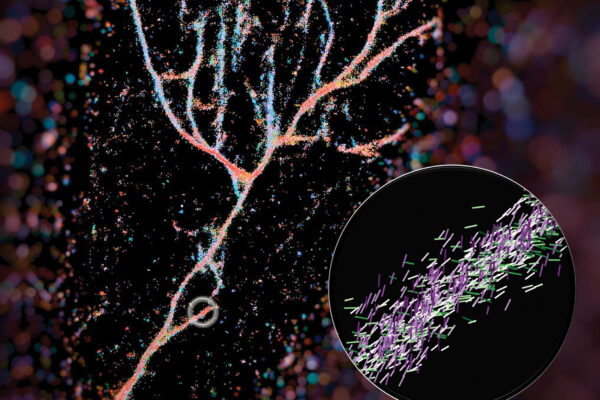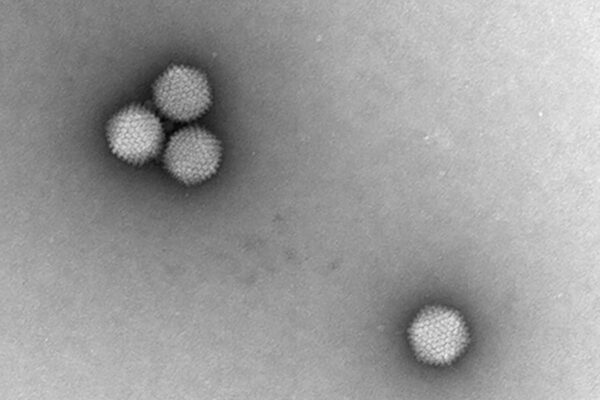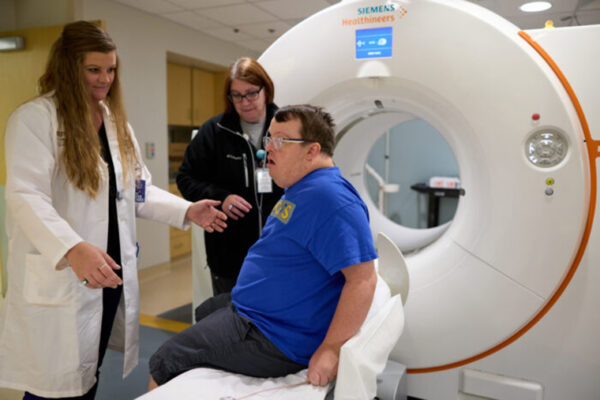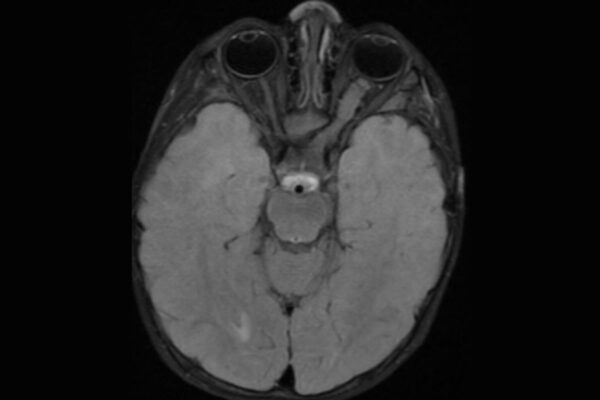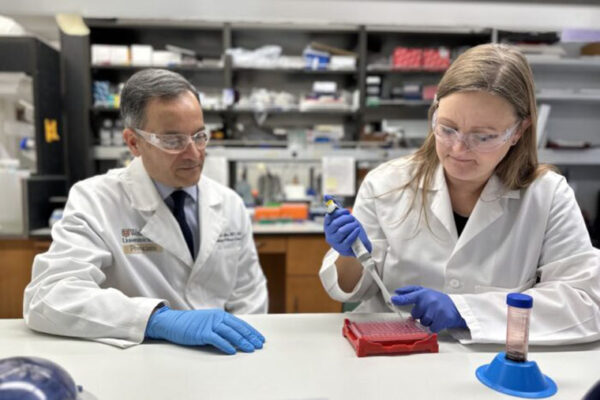Imaging technique shows new details of peptide structures
In a paper published in ACS Nano, researchers at Washington University in St. Louis outline how they used a chemical probe to light up interlocking peptides. Their technique will help scientists differentiate synthetic peptides from toxic types found in Alzheimer’s disease.
Role of dust on indoor environmental air quality gets closer look
Jenna Ditto, an assistant professor of energy, environmental and chemical engineering in the McKelvey School of Engineering at Washington University, is taking a closer look at the chemistry of indoor dust with a three-year $453,000 grant from the National Science Foundation.
Mahmoud honored by American Heart Association
Zainab Mahmoud, MD, an instructor in medicine at Washington University School of Medicine in St. Louis, has been awarded the Dr. Nanette K. Wenger Research Goes Red Award from the American Heart Association.
International trials underway for childhood malnutrition therapy developed at WashU
A microbiome-directed food developed at Washington University School of Medicine in St. Louis is now being evaluated in major randomized controlled trials. The food is designed to nurture beneficial gut microbes and treat childhood malnutrition.
$6.2 million to help develop gene therapy for HIV
Researchers at Washington University School of Medicine in St. Louis have received a $6.2 million grant from the National Institutes of Health (NIH) to develop a gene therapy that would modify the immune system’s B cells to spur them to produce broadly neutralizing antibodies against HIV.
Nine WashU faculty elected to AAAS
Nine faculty members at Washington University in St. Louis are among the 502 new fellows selected by the American Association for the Advancement of Science, one of the most distinct honors in the scientific community.
Alzheimer’s disease progresses faster in people with Down syndrome
A new study by researchers at Washington University School of Medicine in St. Louis shows that Alzheimer’s disease both starts earlier and moves faster in people with Down syndrome. The finding may have important implications for the treatment and care of this vulnerable group of patients.
Epilepsy drug prevents brain tumors in mice with NF1
Researchers at Washington University School of Medicine have discovered that an FDA-approved epilepsy drug can prevent or slow the growth of NF1-linked optic gliomas in mice, laying the groundwork for a clinical trial.
Apte honored with macular degeneration award
Rajendra S. Apte, MD, PhD, the Paul A. Cibis Distinguished Professor and vice chair of innovation and translation in the John F. Hardesty, MD, Department of Ophthalmology & Visual Sciences at Washington University School of Medicine in St. Louis, has received the 2024 Roger H. Johnson Award.
Thompson named director of pediatric neurosurgery
Eric Thompson, MD, a pediatric neurosurgeon noted for his expertise in caring for children with complex neurological conditions, particularly brain and spinal tumors, has been named director of the Division of Pediatric Neurosurgery at Washington University School of Medicine in St. Louis and neurosurgeon-in-chief at St. Louis Children’s Hospital.
Older Stories
